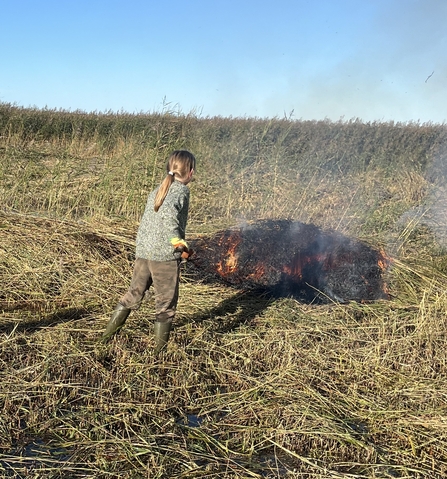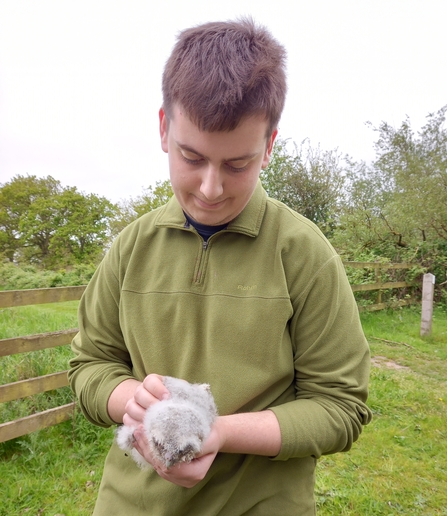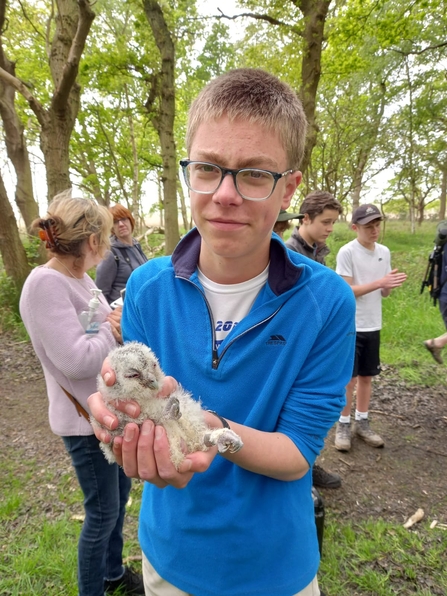Erin
I honestly do not know what I’d do without nature. Words cannot describe the absolute contentment I feel when I’m in it and the overwhelming desire I feel to be in a natural space when I am not. I have always felt a strong connection to nature and enjoyed being outdoors but only recently have I been utilizing how nature makes me feel to improve my head space and overall well-being.
Being autistic means that the hustle and bustle of the urban world is almost unbearable to me. The only way I am able to take a breath of fresh air is in nature. I love to experience the therapeutic properties of it everywhere. All you need to do is notice: leaves swaying in the breeze, clouds drifting through the sky, the intricacies etched into a tree trunk and the familiar call of the humble wood pigeon. But when the urban world creeps into these scarce, safe corners and drowns out the natural world, I find myself seeking contentment on reserves that are free of concrete and honking horns. I’m sure many people feel the same.
When I am older I want to be a conservationist. Someone who keeps natural spaces safe from the ever expanding urban world. I want to get lost in nature. Working with the Norfolk Wildlife Trust as a wilder warden has consolidated my desire to be a conservationist and to protect nature, because we all need nature.




